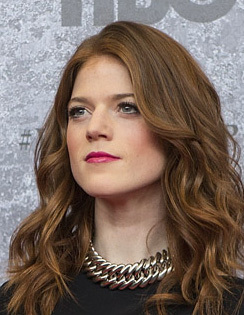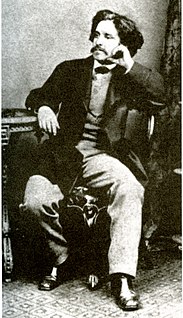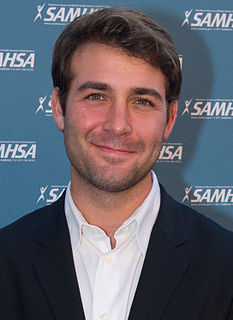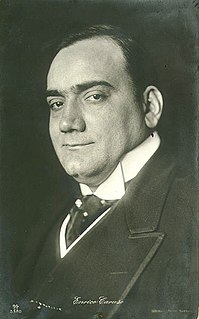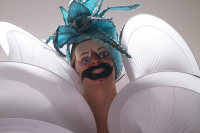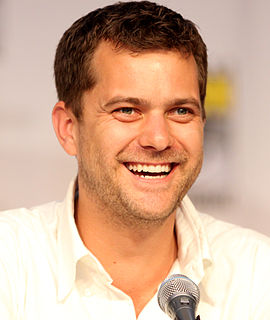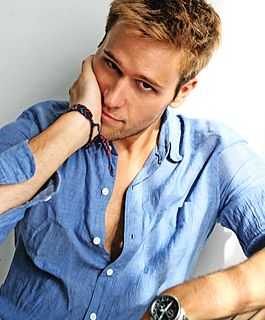A Quote by Michael Stuhlbarg
I think the theater work and the on-camera work feed off each other. My theater work has become more simple, and my on-camera work has become more energized or more spontaneous.
Related Quotes
Working on camera is a different ballgame in the sense that it's far more intimate work, but the basics and the foundations of being able to create something that isn't necessarily your own instincts - is a character that you have inside your head - whether you're talking about television or film or theater, that still has to be the grounding work.
The truth is, an actor's performance is the result of work by a lot more people than just the actor. When you see that character portrayed up on screen, there is the work certainly of the actor, but there's the work of the editor, there's the work of what the camera was doing. What the music was doing, all of the above.
I know that actors and actresses have a great reputation for being very, very selfish, and in some cases, that's very true. But in the theater I find it doesn't help you to be selfish. You sort of have to be selfless in the theater, and the more selfless you are - that doesn't mean don't take care of yourself - but the more you sort of surrender to the work, I find, the better the work is. That's just my experience.
I think the camera has got to be motivated. You can't have things arrived at gratuitously. Everything has to have an organic function, but the more comfortable I've become and the more imaginative and sophisticated and the more exploratory I've become at the medium, the more I've subtly deviated away from that in various ways.
Once we were on the set, we each did different kinds of work. I was doing more the technical stuff, the framing and the camera work, and she was working more with the actors. Marjane [Satrapi] and I don't stop speaking once we're on the set. We continue to talk. We define what our roles are going to be on set, because to have a snake with two heads is silly.
Theater for me is terrifying but much more rewarding, because you know what they're seeing. Film is all little bits and pieces. And you can do an amazing job, but if the camera isn't getting it, it doesn't work. And then other times when you feel you really weren't present, and then you see it and somehow it works. So there's a mystery, there's a strange collaboration that takes place with everybody.
A young artist can become popular more quickly with the Internet providing instant access to ones work. That might lead to more opportunity and an accelerated career. But it seems as if funding may be harder to come by and filmmakers are being prompted to give away their work for free in hopes to become part of the conversation.
I think that initially all I wanted to do was work as an actress, and then, as I started to work more consistently, you start to maybe want to challenge yourself in different ways, so I think it's something that developed over time - this desire to direct and also to produce. I think as you watch other actresses do it so successfully and so gracefully, you're like, I think that would be fun! It's definitely something that has become more of a priority for me.


